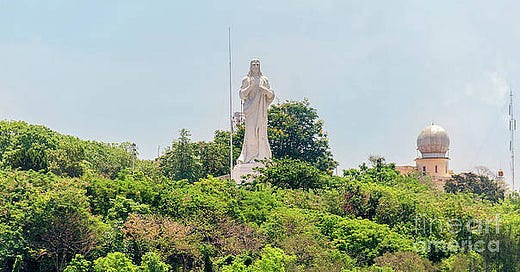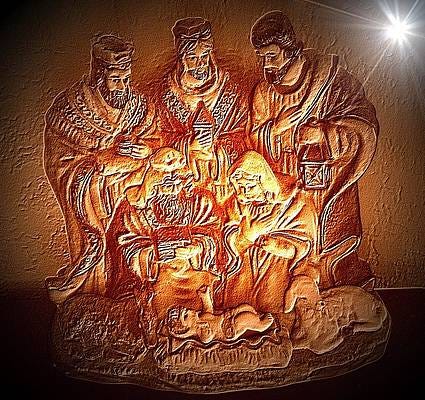Jesus of Nazareth has been recognized for two thousand years as a messenger of peace and justice, who stood against war traffickers, the shedding of blood, and the accumulation of wealth. He denounced common activities of deception and fraud, and he rebuked the rabbis, the supposed religious leaders, for their vane conflicts and atrocious crimes, including the assassination of prophets, the falsification of revealed Scripture, and all forms of usury and hypocrisy. Jesus took a firm stand and struggled against such evils of his time. He reformed and reintroduced the Mosaic Law that had been distorted and badly interpreted. He preached purity, humanitarianism, love, and service to humanity. Thus wrote Muhammad Husain Beheshtí and Muhammad Yauád Bahonar, Shiite Islamic theologians and high officials in the Islamic Republic of Iran, killed in 1981 by explosives set off by enemies of the Iranian Revolution.1
Modern capitalism, unconstrained by trad…



